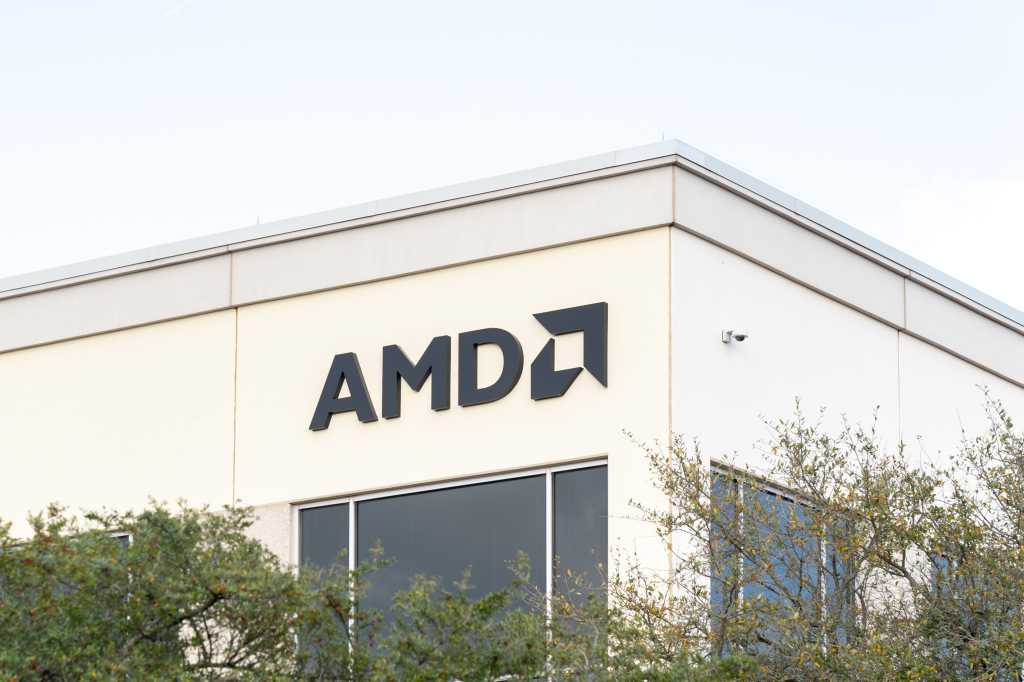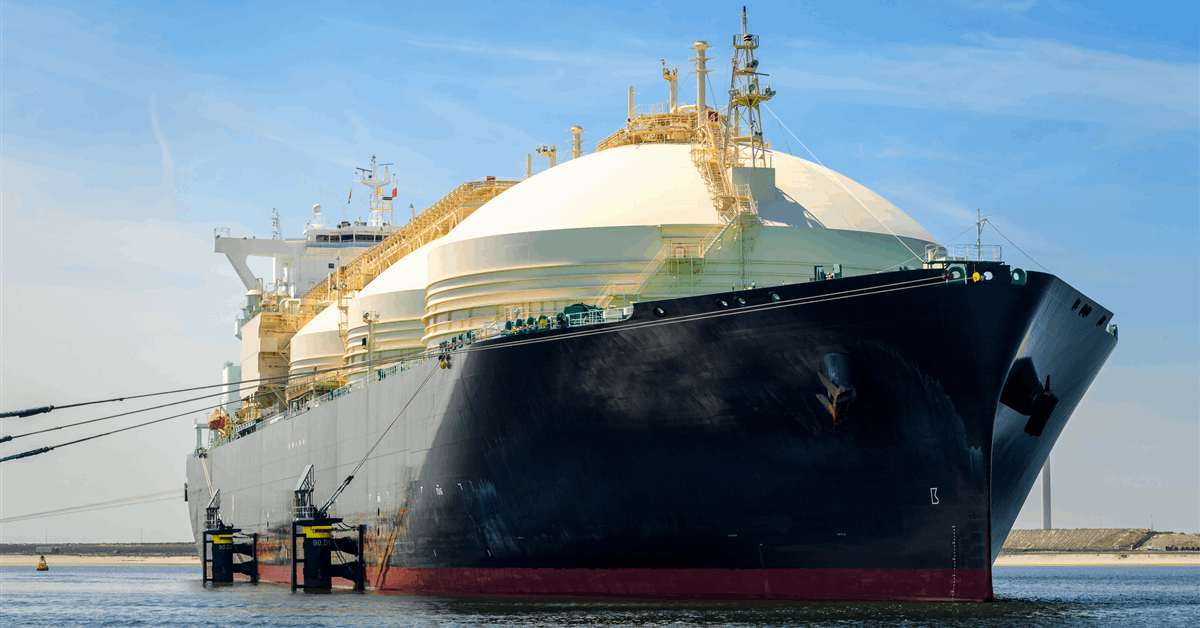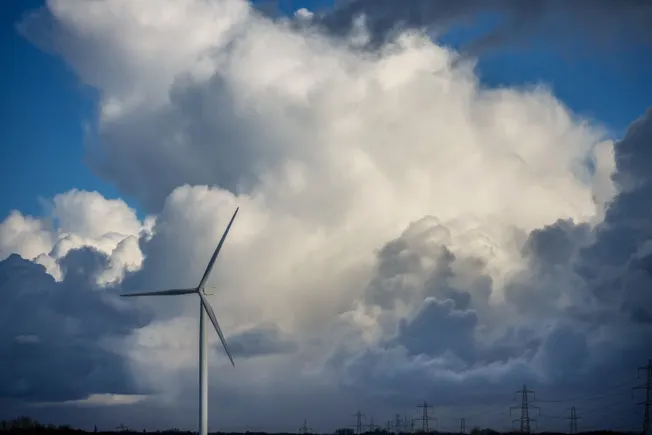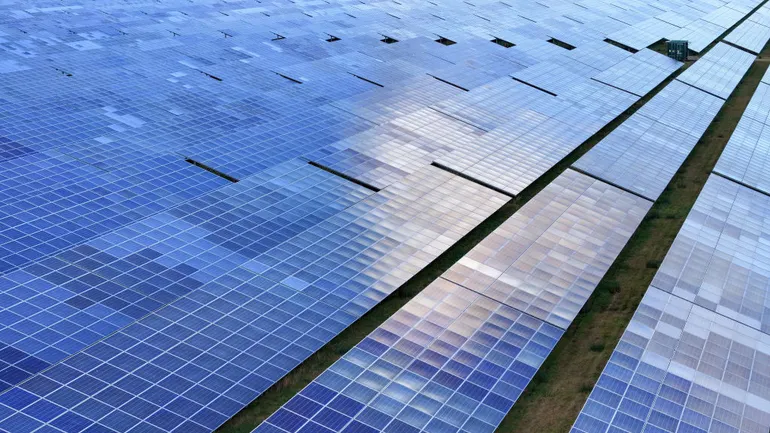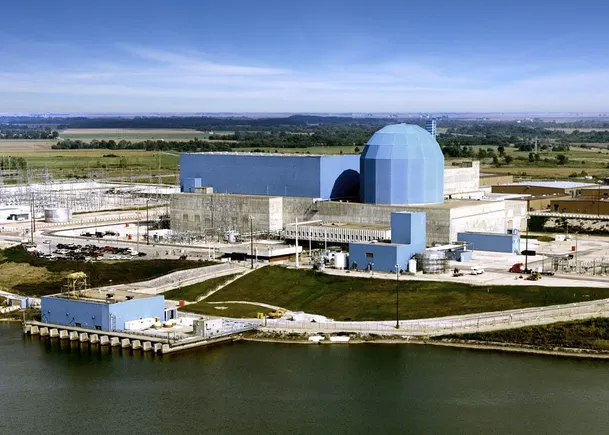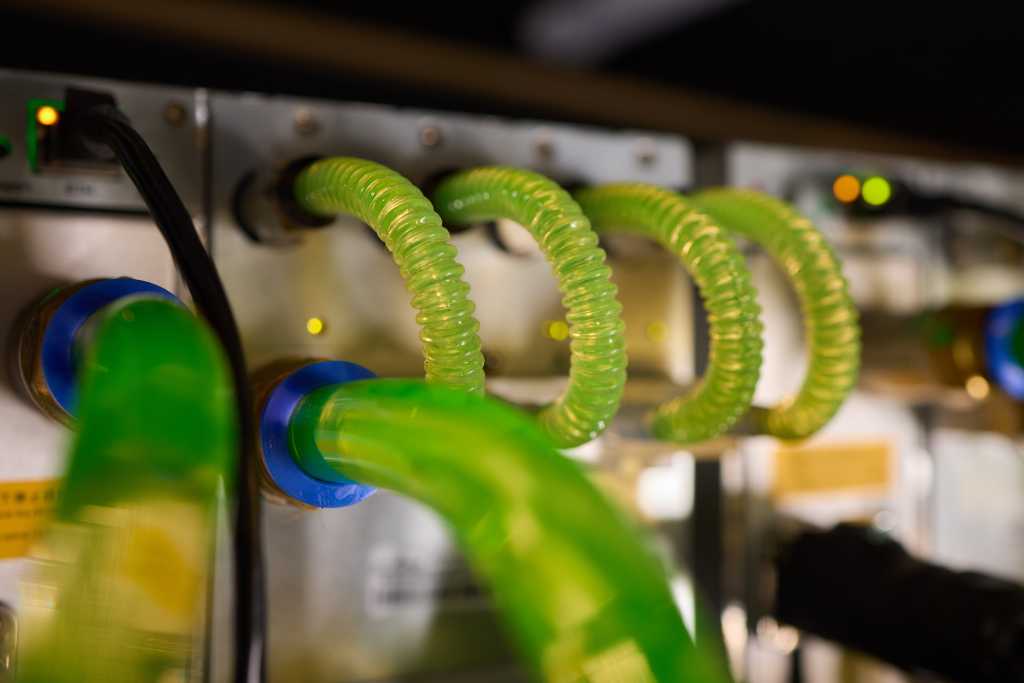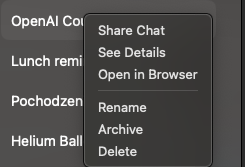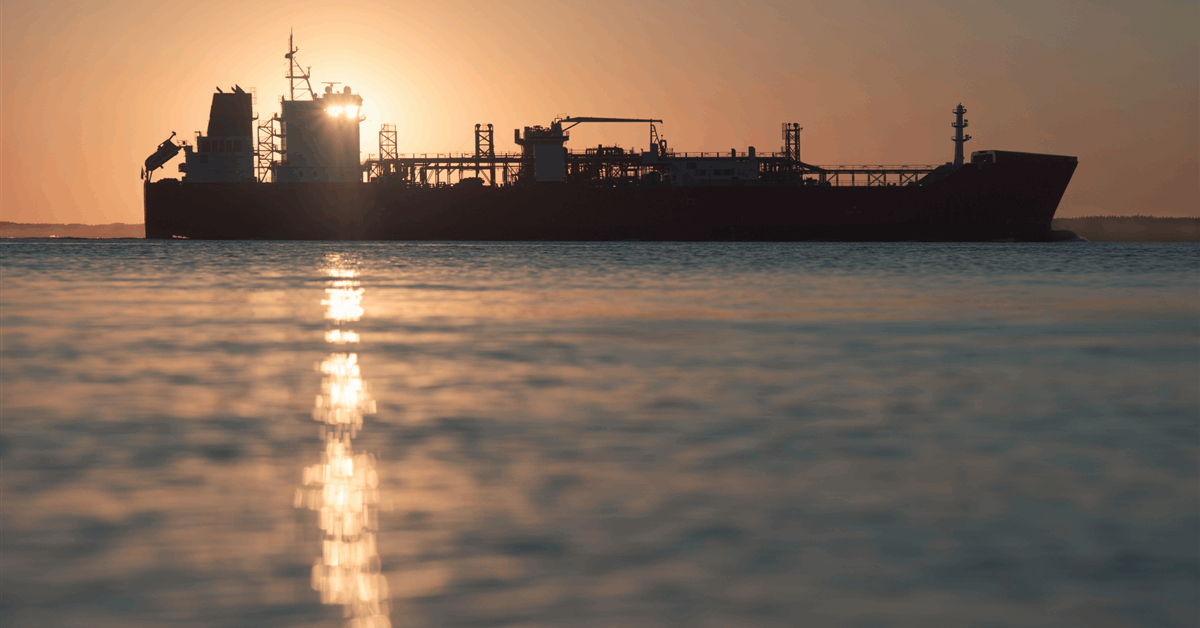
TotalEnergies SE is exiting the under-development Gato do Mato field by divesting its stake to operator Shell PLC in exchange for an increased ownership in the producing Lapa field, where it is operator.
Under the swap agreement for the deepwater Brazilian fields, Shell will acquire its French rival’s 20 percent interest in Gato do Mato, which they had just approved for development in March. This will result in the British company owning 70 percent of Gato do Mato. Colombia’s state-owned Ecopetrol SA holds 30 percent.
TotalEnergies will acquire an additional three percent in Lapa, increasing its stake to 48 percent and reducing Shell’s to 27 percent. Repsol Sinopec Brazil, a joint venture between the Spanish and Chinese companies, holds the remaining 25 percent.
Both fields are in the pre-salt area of the Santos Basin. Lapa, which went onstream December 2016, is expected to grow its production to 60,000 barrels per day by the end of 2025. Gato do Mato, which reached a final investment decision (FID) in March 2025, is expected to have a capacity of 120,000 bpd; startup is planned for 2029.
“This transaction is aligned with our strategy to focus on low-cost, low-emission projects, such as Atapu 2 and Sepia 2 in Brazil, sanctioned in 2024”, Javier Rielo, TotalEnergies senior vice president for exploration and production in the Americas, said in an online statement.
Lapa is connected to the floating production, storage and offloading vessel (FPSO) Cidade de Caraguatatuba, leased from MODEC under a 20-year contract. The Lapa South-West tie-back, approved 2023 with an estimated investment of $1 billion, will increase the field’s production by 25,000 bpd. The FPSO has a designed capacity of 100,000 bpd for oil production and 177 million standard cubic feet per day for natural gas production, as well as a storage capacity of 1.6 million barrels, according to online information from MODEC.
Gato do Mato is planned to have its own FPSO. It is estimated to hold about 370 million barrels of recoverable resources.
“The project contributes to maintaining stable liquids production in our Upstream business and expands our leadership as the largest foreign producer in Brazil, as we continue to work to meet the world’s energy needs in the future”, then-director for integrated gas and upstream at Shell Zoë Yujnovich said in a press release March 21, 2025, announcing the FID.
Shell and TotalEnergies recently unlocked new production in another Brazilian field, Mero, which is also in pre-salt Santos. The new startup, Mero’s fourth development, will raise the field’s output to up to 770,000 bpd.
Mero-4 uses the new Alexandre de Gusmão FPSO, which has a production capacity of 180,000 bpd. Mero-4 will also enable 12 million cubic meters (423.78 million cubic feet) a day of gas compression. The consortium approved the project August 2021.
Brazil’s state-owned Petrobras operates Mero with a 38.6 percent stake. Shell and TotalEnergies each own 19.3 percent. China National Petroleum Corp. and China National Offshore Oil Corp. each hold 9.65 percent. The Brazilian government’s Pré-Sal Petróleo SA owns the remaining 3.5 percent.
In a statement May 26, 2025, announcing the Mero-4 start-up, TotalEnergies said the project will contribute to its goal of growing production by three percent between 2024 and 2030. Brazil contributed 153,000 barrels of oil equivalent a day to its production last year. TotalEnergies says it has 11 licenses in the South American country, four of which are operated.
To contact the author, email [email protected]




